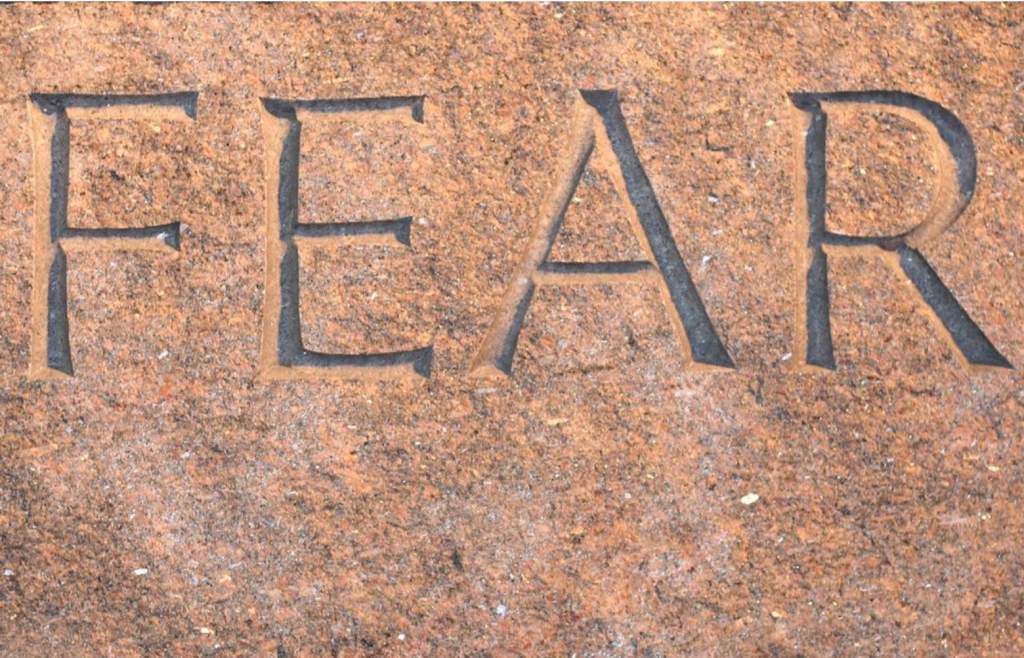Fear as a social condition? Is fear a more powerful motivator than freedom for some people? The only explanation is that they have been conditioned to be frightened either by those around them or by poor use of their mental faculties in the past. Even a genetic predisposition to anxiety can be flipped on or off by mental conditioning.
There is no genetic curse or personality trait that permanently condemns one individual to fear more than another. The conscious thoughts and disciplined habits we cultivate can free us from the shackles of our history. Our first step should be to understand how fear is socially conditioned. People who are fearful tend to be shaped by their past experiences.

Critical parents, bullying peers, or small-minded teachers and bosses pushed and molded them into being timid, weak, and afraid. Because they were always cautioned or harmed, they became habituated to the impulse of fear – it came up so often they were accustomed to it.
Fear has driven their present since they were frightened in the past. In no way are we exonerating our fears or blaming our past. Fear is not something that can be managed or overcome as an adult, so when people choose it as an adult, they fail to manage it. Fear has become the default impulse for many, making it difficult to work.
Fear serves as a universal mechanism for preventing or reducing harm. In dangerous situations, we can sometimes do many things we wouldn’t normally be able to do, or willing to do, based on what we’ve learned in the past about what protects us. In many cases, fear snatched our freedom.
It is the thoughts and self-talk that rule their minds that replay the barbs that were once hurled at them by critics and misguided caregivers. Fortunately, this conditioning can be changed. Our past cannot be changed except by seeing it from a different perspective when we awaken to responsibility. We can release ourselves from its grasp. It is impossible to change how others treated us yesterday, so let us instead focus on understanding how we currently deal with those who cause us to fear.
Fear is universally triggered by the threat of harm, whether real or imagined. We may be threatened in terms of our physical, psychological, or emotional health. We can learn to be afraid of nearly anything, despite the fact that there are certain things that trigger fear in most of us.
A new moment always arises when we interrupt our fear and activate our freedom by choosing how to feel, interpret, and direct our lives. In order to master life, you must anticipate that the same characters that tried to instill fear yesterday will return today or tomorrow. Knowing this, we become wary of people who chip away at our freedom. These are the worryrs, weaklings, and, in rare cases, the wicked.
When fear arises, it is the result of a real or imagined threat of harm, be it physical, emotional, or psychological. The emotion has traditionally been viewed as negative. By mobilizing us to cope with potential dangers, fear actually serves as an important social condition for keeping us safe.
Read More – The Cost of Fear







